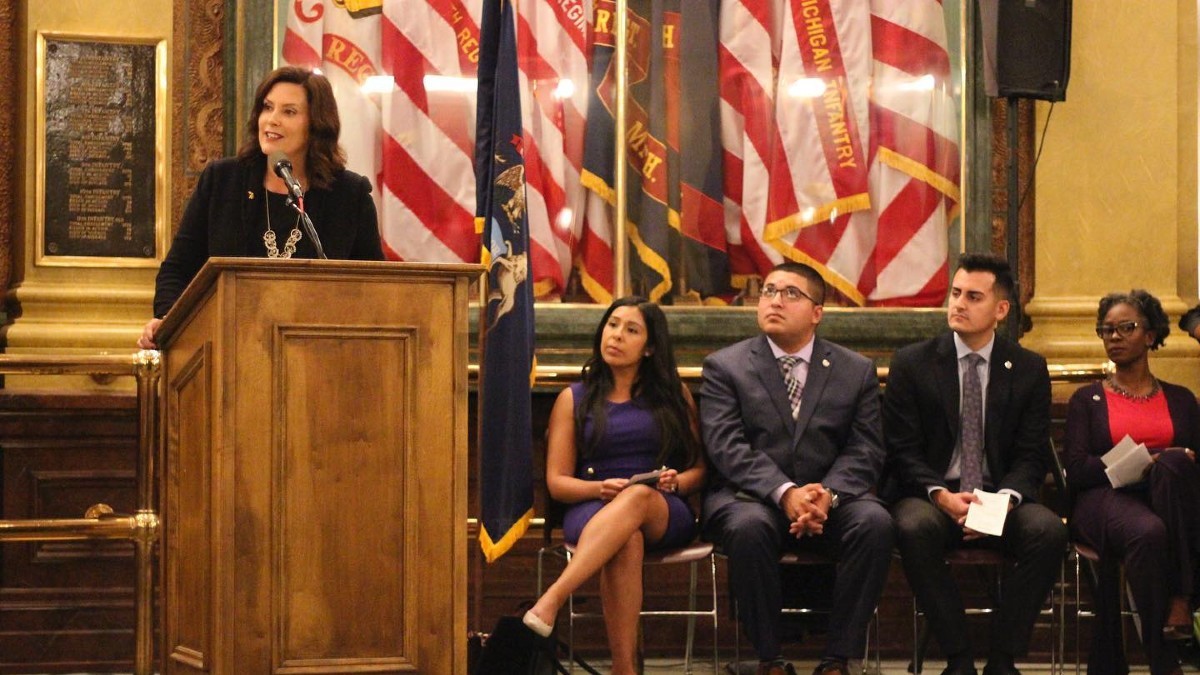The residents of Greater Lansing are joining people from around the state, the nation and the world in adjusting to life under the threat of the new coronavirus pandemic.
A large part of that adjustment is the "Stay Home, Stay Safe" order Gov. Gretchen Whitmer signed. Like many other states placed under a similar order, the purpose is to slow the spread of COVID-19. As of March 30, a total of almost 6,500 cases have been reported with 184 deaths, according to Michigan.gov.
“Right now, there are too many people out and about unnecessarily, so we must do more,” Whitmer told the Lansing State Journal.
The Lansing State Journal was among those helping clear up any questions regarding what people can and can't do. Reasons to leave the home included working in a critical workforce, outdoor activity, going to the hospital, grocery store and related health and safety tasks.
The 14 sectors defined as critical infrastructure are defined by the federal government. Gov. Whitmer’s order outlined who is considered to be "additional workers." Those are child care workers serving critical infrastructure workers, supply and distribution center workers, insurance workers who can’t work remotely, workers and volunteers for businesses and organizations that provide services for people in need and those with disabilities. Others include employees who administer health or welfare funds or officials who function in critical union duties.

 Alerts Sign-up
Alerts Sign-up